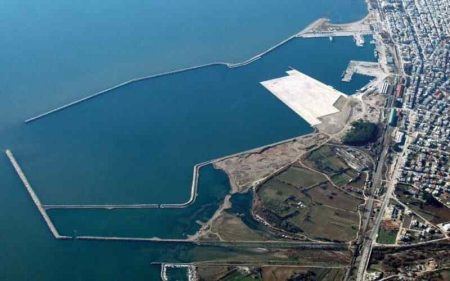Greece’s bank employees held a strike today in an effort to delay the trend toward reducing personnel.
The strike was sparked by the recent firing of 24 employees at Piraeus Bank because they refused to be transferred to newly established subsidiaries and resisted the change in the terms of employment.
Regardless of participation and the result of the strike of bank employees’ unions, it seems the trend toward redundancies will not change.
Banks – influenced by a host of factors and conditions (economic, technological, competition, and others) have entered a period of deep restructuring and an almost complete overhaul.
The economic crisis left behind rubble and bound banks which exhaust their activity in managing non-performing loans (NPLs). They do not create an environment of revenues and thus they are not profitable.
They cannot recover without great, radical changes.
They basically follow the course of their clients, a course which the banks themselves established, demanded, and imposed in light of bad loans which they issued over previous years.
This difficult confluence of events coincided with major technological changes which in practice abolish most bank transactions and put in question the existence of traditional bank branches.
The common conviction is that newer bank clients conduct almost all transactions electronically with computers and cell phones without going to bank branches.
Over time the number of branches will be reduced, the structure will change, tellers will be replaced by machines, and banks ineluctably will head toward digitalisation.
Last year in Europe 50,000 bank employees lost their jobs and in Greece from the start of the decade-long crisis the total number of employees dropped from 60,000 to fewer than 38,000.
Yet another privileged occupation is slowly disappearing and the myth of secure and well-paid bank employees with full rights is collapsing.
Essentially the elimination of bank employees is coming due to a combination of the economic and technological transformations of the Western World.
By all appearances no one can stop this unavoidable change and transformation.





